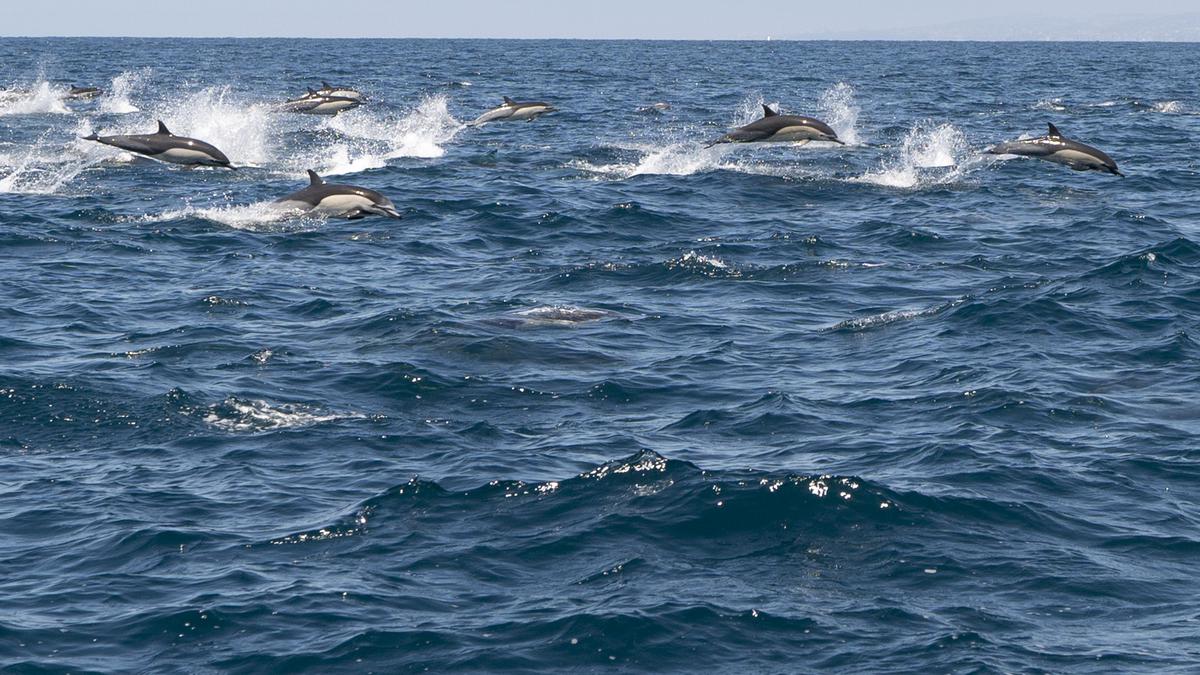
How climate change is altering animal brains and behaviour Premium
The Hindu
Human-driven climate change is increasingly shaping the Earth’s living environments. How do animals adjust to these new, often extreme, conditions?
Human-driven climate change is increasingly shaping the Earth’s living environments. Rising temperatures, rapid shifts in rainfall and seasonality, and ocean acidification are presenting altered environments to many animal species. How do animals adjust to these new, often extreme, conditions?
Animal nervous systems play a central role in both enabling and limiting how they respond to changing climates. Two of my main research interests as a biologist and neuroscientist involve understanding how animals accommodate temperature extremes and identifying the forces that shape the structure and function of animal nervous systems, especially brains. The intersection of these interests led me to explore the effects of climate on nervous systems and how animals will likely respond to rapidly shifting environments.
All major functions of the nervous system – sense detection, mental processing and behavior direction – are critical. They allow animals to navigate their environments in ways that enable their survival and reproduction. Climate change will likely affect these functions, often for the worse.
Changing temperatures shift the energy balance of ecosystems – from plants that produce energy from sunlight to the animals that consume plants and other animals – subsequently altering the sensory worlds that animals experience. It is likely that climate change will challenge all of their senses, from sight and taste to smell and touch.
Animals like mammals perceive temperature in part with special receptor proteins in their nervous systems that respond to heat and cold, discriminating between moderate and extreme temperatures. These receptor proteins help animals seek appropriate habitats and may play a critical role in how animals respond to changing temperatures.
Climate change disrupts the environmental cues animals rely on to solve problems like selecting a habitat, finding food and choosing mates. Some animals, such as mosquitoes that transmit parasites and pathogens, rely on temperature gradients to orient themselves to their environment. Temperature shifts are altering where and when mosquitoes search for hosts, leading to changes in disease transmission.
How climate change affects the chemical signals animals use to communicate with each other or harm competitors can be especially complex because chemical compounds are highly sensitive to temperature.





















 Run 3 Space | Play Space Running Game
Run 3 Space | Play Space Running Game Traffic Jam 3D | Online Racing Game
Traffic Jam 3D | Online Racing Game Duck Hunt | Play Old Classic Game
Duck Hunt | Play Old Classic Game











